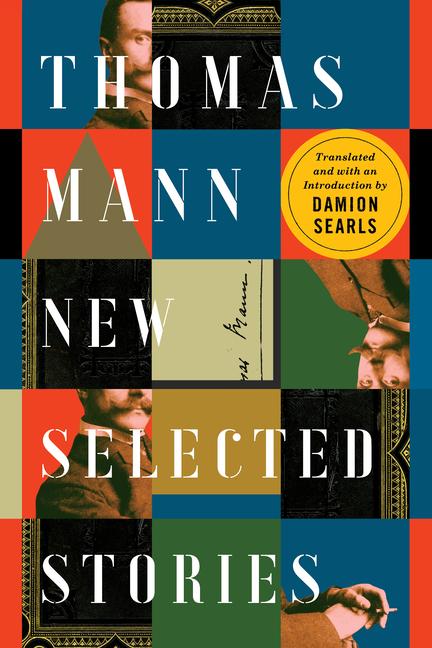
Zustellung: Do, 30.01. - Di, 04.02.
Versand in 2 Wochen
VersandkostenfreiBestellen & in Filiale abholen:
A towering figure in the pantheon of twentieth-century literature, Thomas Mann has often been perceived as a dry and forbidding writer-"the starched collar," as Bertolt Brecht once called him. But in fact, his fiction is lively, humane, sometimes hilarious. In these fresh renderings of his best short work, award-winning translator Damion Searls casts new light on this underappreciated aspect of Mann's genius.
The headliner of this volume, "Chaotic World and Childhood Sorrow" (in its first new translation since 1936)-a subtle masterpiece that reveals the profound emotional significance of everyday life-is Mann's tender but sharp-eyed portrait of the "Bigs" and "Littles" of the bourgeois Cornelius family as they adjust to straitened circumstances in hyperinflationary Weimar Germany. Here, too, is a free-standing excerpt from Mann's first novel, Buddenbrooks-a sensation when it was first published. "Death in Venice" (also included in this volume) is Mann's most famous story, but less well known is that he intended it to be a diptych with another, comic story-included here as "Confessions of a Con Artist, by Felix Krull." "Louisey"-a tale of sexual humiliation that gives a first glimpse of Mann's lifelong ambivalence about the power of art-rounds out this revelatory, transformative collection.
The headliner of this volume, "Chaotic World and Childhood Sorrow" (in its first new translation since 1936)-a subtle masterpiece that reveals the profound emotional significance of everyday life-is Mann's tender but sharp-eyed portrait of the "Bigs" and "Littles" of the bourgeois Cornelius family as they adjust to straitened circumstances in hyperinflationary Weimar Germany. Here, too, is a free-standing excerpt from Mann's first novel, Buddenbrooks-a sensation when it was first published. "Death in Venice" (also included in this volume) is Mann's most famous story, but less well known is that he intended it to be a diptych with another, comic story-included here as "Confessions of a Con Artist, by Felix Krull." "Louisey"-a tale of sexual humiliation that gives a first glimpse of Mann's lifelong ambivalence about the power of art-rounds out this revelatory, transformative collection.
Produktdetails
Erscheinungsdatum
09. April 2024
Sprache
englisch
Seitenanzahl
272
Autor/Autorin
Thomas Mann
Übersetzung
Damion Searls
Verlag/Hersteller
Produktart
kartoniert
Gewicht
228 g
Größe (L/B/H)
205/137/18 mm
ISBN
9781324094524
Bewertungen
0 Bewertungen
Es wurden noch keine Bewertungen abgegeben. Schreiben Sie die erste Bewertung zu "Thomas Mann" und helfen Sie damit anderen bei der Kaufentscheidung.










